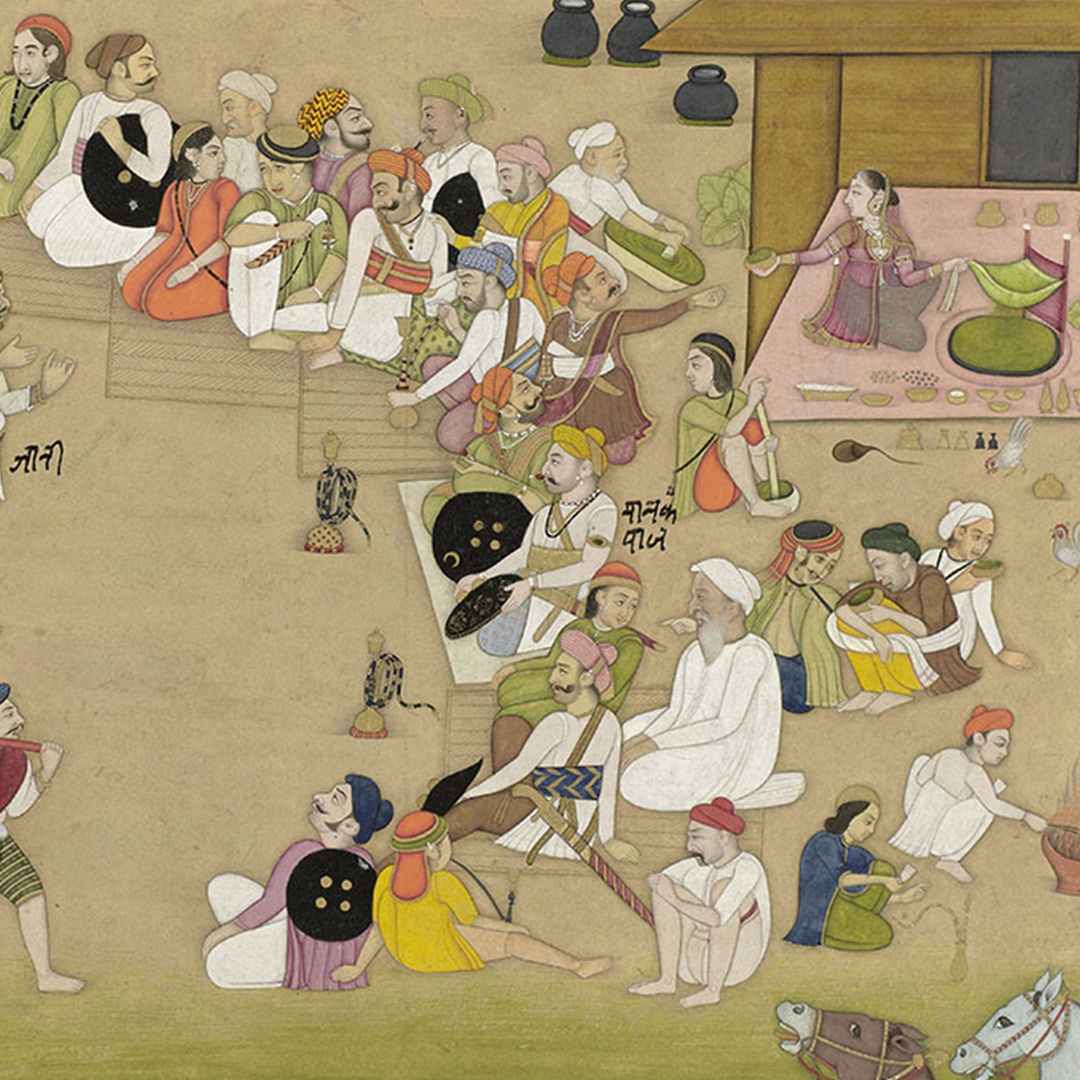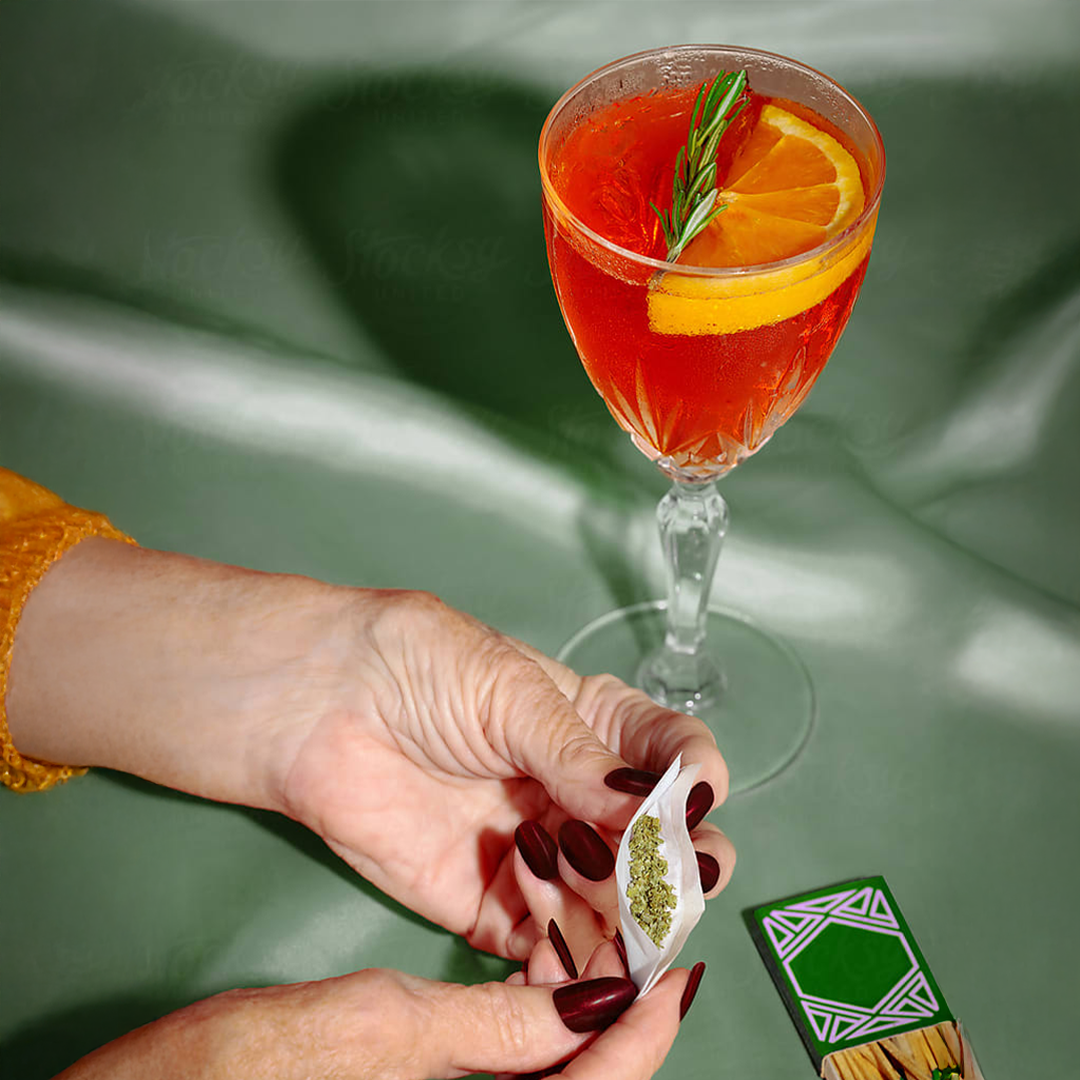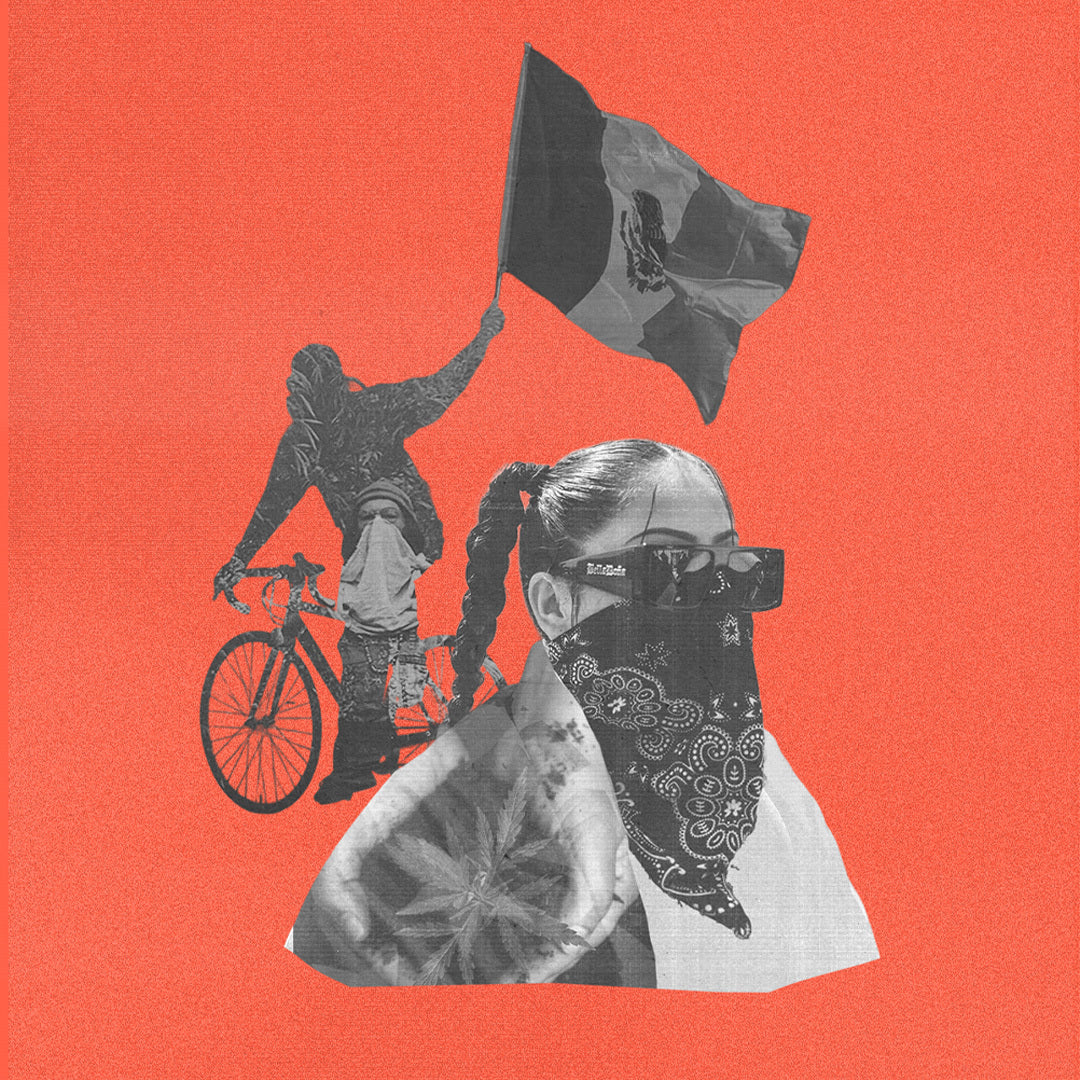There’s a particular kind of loneliness that lingers when your identity is flattened into a checkbox. For many Asian Americans navigating the stigma of cannabis, that flattening comes with a double hit—first, the erasure of a rich cultural relationship with the plant, and second, the burden of a stereotype that marks cannabis use as failure. Lazy. Rebellious. Ungrateful. The “bad kids.”
But the truth, as usual, is far more nuanced and way more interesting. As cannabis slowly crawls back into mainstream favor, a new generation of Asian American entrepreneurs and creatives is pushing the conversation further: not just about normalization or legalization, but about reclamation.
Reclamation, in this context, isn’t just a buzzword branding exercise. It’s cultural survival. It’s about naming the forces—colonialism, white supremacy, the War on Drugs—that cut entire communities off from their medicines, then sold those same medicines back to them with a mugshot and a warning label. It’s about turning back toward what was always ours.
Cannabis as Cultural Memory
“My journey with cannabis has been a homecoming,” says Yogi Maharaj, founder of Luv Kush, a brand rooted in South Asian traditions of bhang, ritual, and resistance. “Growing up in America, most children of immigrants lose touch with their ancestral roots in an attempt to assimilate. Cannabis was the bridge that brought me back home.”
It’s a sentiment that resonates deeply across the South Asian diaspora. For Maharaj, bhang—an edible preparation of cannabis, historically consumed during Hindu festivals like Holi—isn’t just a product, it’s a memory. A resistance. A reminder.
“Luv Kush aims to reclaim the tradition of bhang by honoring its timeless roots: wellness, love, and resistance,” Maharaj says. “We’re not here to reinvent bhang. We’re here to remember and honor it.”
This remembering is intimate and ceremonial. During Holi, Maharaj and their family make bhang thandai, a seasonal ritual tied to joy, renewal, and ancestry. “It’s a small but powerful way to remember where we come from.”
Myth, Magu, and Misinformation
Meanwhile, in the Chinese diaspora, Christina Wong—founder of Fruit + Flower Co. and co-creator of Mogu Magu, an AAPI cannabis, food, and culture collective—is connecting with another ancient thread: Magu, the Daoist goddess of hemp, associated with longevity and healing.
“Magu is a powerful feminist character who has a pivotal role as a healer, alchemist, and guardian of women,” Wong explains. “She foraged for flowers, hemp, and fungus on Mount Tai to brew her famous elixir of life.”
It wasn’t just a historical curiosity. The knowledge hit Wong and her co-founder, chef Wendy Zeng, like a balm after years of internalizing the shame baked into anti-cannabis propaganda: “Am I a lazy stoner throwing away the sacrifices of my parents?” she wondered. “The fear and shame that linger are the direct result of the Opium War and War on Drugs propaganda.”
But learning about Magu and meeting other driven, intelligent AAPIs who consumed cannabis reshaped that narrative. “This is not an evil drug that will bring shame to our families,” she says. “This is a healing plant that is a part of our ancestral history. Knowledge of its medicinal benefits was erased and vilified as a consequence of U.S. policies.”
Diasporic Rituals, Modern Realities
These stories aren’t about going backwards. They’re about taking old frameworks grounded in reverence, ceremony, and intergenerational care and adapting them to contemporary times. Wong puts it simply: “We’re creating new rituals and ways of thinking around cannabis that are better suited for our modern-day needs.”
Sometimes that means swapping joints and childhood recipes over a shared kitchen table. At other times, it resembles storytelling, media production, and live events that bring mythologies like Magu’s back into collective memory. For Mogu Magu, that work includes a travel docuseries (currently in production) and a series of communal gatherings designed to spark dialogue and joy. “We invite ourselves and others to channel our inner Magus so that we may heal ourselves and each other,” Wong says.
For Maharaj, it means honoring the vastness within South Asian identity—acknowledging difference, caste, colonial legacies, and the complexity of personal truth. “No one is right or wrong; truths can coexist,” they say. “Those differences are our strength.”
Both agree that the process begins with humility. “Even though I'm educated on some parts of history, I don't know everything… and probably never will,” Maharaj says. “I can only share what I know and remain open to learning from others.”
Reframing Cannabis, Reframing Ourselves
At its core, this reclamation work isn’t just about cannabis; it’s about self-concept, about rejecting inherited shame, and about building community through storytelling. “Through cannabis and cultural ritual, I’m working to reclaim those stolen practices for myself and my community,” Maharaj explains. “Whether it’s through a recipe, a celebration, or a moment of intentional stillness, Luv Kush is about reconnecting with ancestral wisdom that was always ours.”
Wong agrees. “I no longer feel shame around my cannabis use,” she says. “I feel immense pride that as a result of our work, we’re educating and shifting perceptions of our understanding of the plant, and healing our intergenerational cultural trauma.”
And while mainstream cannabis culture still often defaults to a narrow lens—white, western, capitalist—this growing movement of Asian founders, artists, and educators is forcing a wider view.
“I hope this blog inspires people to dig into their roots and tell their own stories, no matter how complex,” Maharaj says. “There is deep power in our distinction.”
So, what does it mean to reclaim ancestral cannabis rituals?
Maharaj puts it in one sentence: “Reclaiming ancestral cannabis rituals means coming home to myself and inviting others to do the same.”







